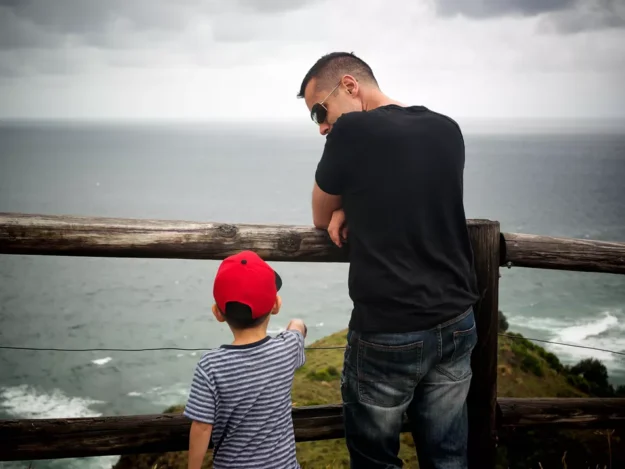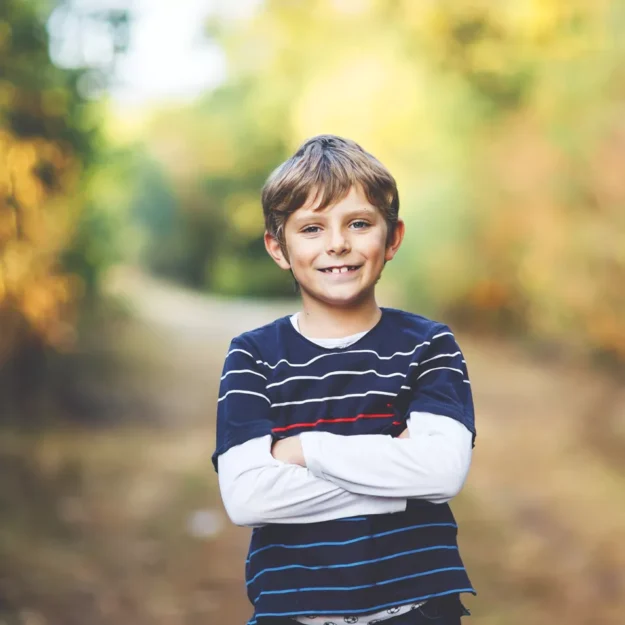
Our Therapeutic Approach
Forming positive relationships and providing safety are at the centre of our therapeutic care. From this nurturing foundation children can begin to see the world through a new lens to make positive and lasting changes in their lives.
All our care teams are trained in attachment and trauma informed care, meaning children’s complex needs and behaviours are understood and addressed at an emotional and physiological level. These developmental deficits are worked with relationally within the care home environment.
Staff have a child centred approach with is open, warm, and reliable. Careful curiosity helps everyone open their perspective about what might be happening in the child’s inner world. Staff then use high levels of empathic responses to demonstrate understanding and offer attunement. These insights help children develop self-awareness and understanding of themselves and their experiences.
Non-verbal communication and co-regulation are vital parts of the therapeutic care team’s approach. We aim to provide the emotional framework from which children can restructure and develop their own more positive coping mechanisms.
Staff seek to engage the emotional side of the brain and link it with the logical side of the brain for learning and reflection, a whole brain integration approach. Creating a narrative through active listening and the use of open questions encourages self-awareness. Naming the emotion and the need helps the child link the feelings in their body to behaviour. This facilitates self-control and regulation of emotions, this is reparative.
We use a variety of therapeutic approaches and interventions within the home:
- Therapeutic relationships, safety, and trust.
- Recognising and working with attachment styles and patterns.
- Therapeutic parenting.
- Routines and boundaries to increase predictability and decrease fear.
- An approach of Playfulness, Acceptance, Curiosity, Empathy (PACE) is used to help everyone understand what is happening in a nurturing non-confrontational way.
- Co-regulation to help children build the internal scaffolding they need to self-regulate their emotions.
- Regular movement and sensory input to help the body and brain regulate.

One to one Psychotherapeutic counselling
Whilst the daily emotional and psychological needs of the child’s are attended to in the home each child also accesses weekly one to one psychotherapeutic counselling with an experienced and accredited child therapist. This is long term therapy in which the child is free to express and explore their inner world and experiences using play, non-verbal communication, creative and somatic modalities.
Therapeutic assessment and Consultation
Each child receives a comprehensive therapeutic attachment-based assessment when they join us. This formulation considers the impact of early childhood and life history, their ability to regulate emotions and how this is expressed through behaviour. Staff are guided by our therapeutic consultant, receiving monthly clinical supervision and support with specific challenges as they arise.
Therapeutic Outcomes
- Attachment-based care to create a new positive template of relating to others.
- Feel safe and cared for.
- Understand the adaptive fight, flight, freeze and submit survival responses and how to regulate these.
- Process past trauma in a safe and contained way appropriate to individual needs.
- Release of unprocessed emotions and resetting of the nervous system.
- Develop self-awareness and change their behaviour.
- Deepen relationship skills and empathy.
- Self-regulation skills & emotional understanding.
- Integrate experiences throughout adolescence to develop a clear sense of self.
- Switch on the thinking part of their brain, to learn and make better choices.
- Value themselves and their lives.
- Be able to access and engage with positive life skills and opportunities.
